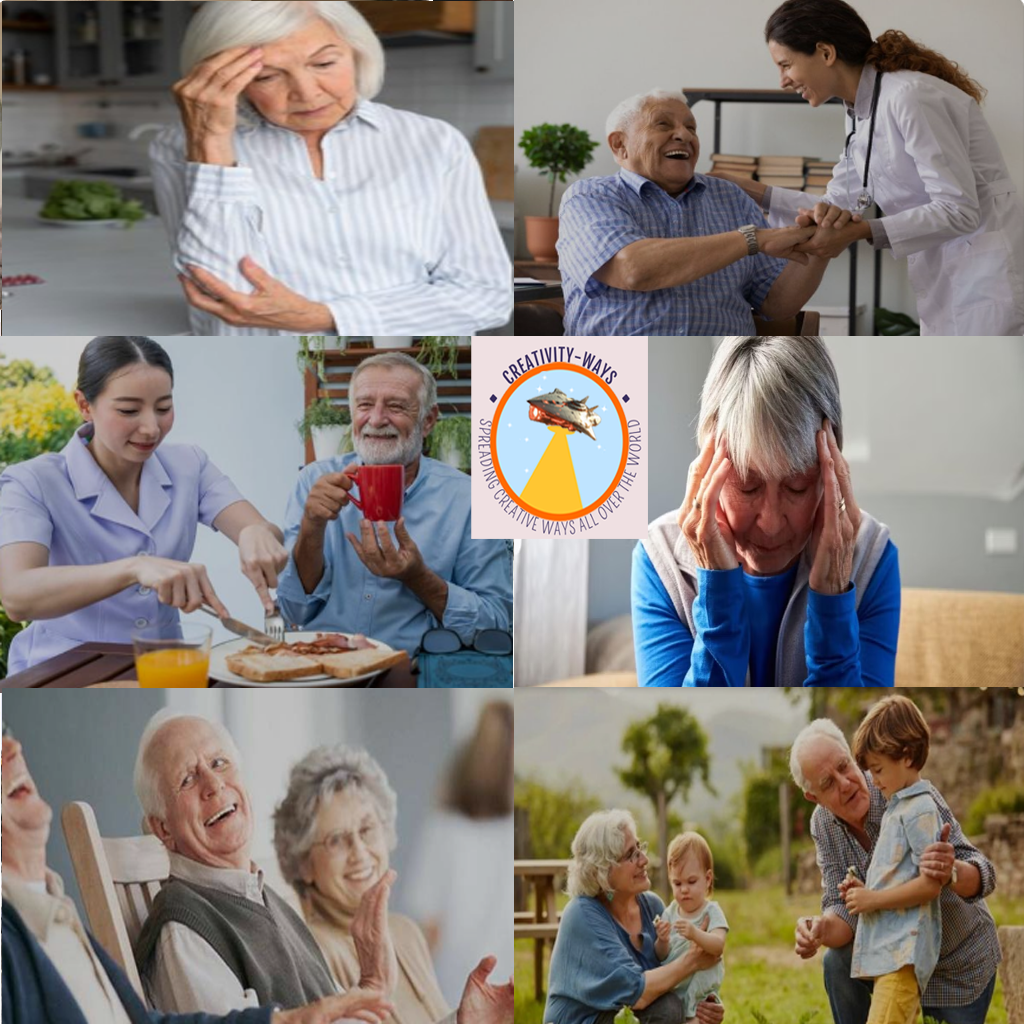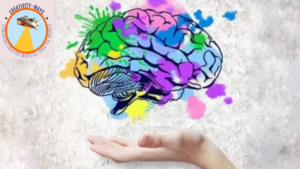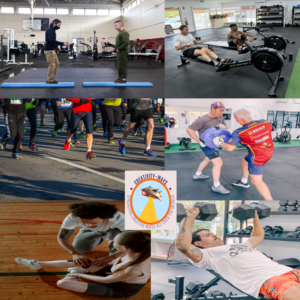elderly and how to deal with them
A Comprehensive Guide to Aging Gracefully
Introduction to elderly
Aging is a natural process that every individual faces, and with them comes a host of challenges and opportunities. In today’s fast-paced society, understanding elderly effectively has become crucial—not only for the elderly but also for their families and caregivers. As we navigate through this journey, it is essential to have access to reliable resources that provide practical advice, updated research, and compassionate guidance.
“elderly and how to deal with them” is more than just a phrase; it represents a commitment to improving the quality of life for seniors and ensuring that they enjoy their later years with dignity, comfort, and support. The website elderly and how to deal with them serves as a comprehensive digital platform dedicated to offering valuable insights and practical tips in multiple areas—ranging from physical and mental health to daily care, social relationships, education, and legal rights.
Moreover, this article aims to guide you through each critical aspect of aging, providing step-by-step strategies and actionable advice that will help families and caregivers tackle the challenges of elderly head-on. In the following sections, we will explore various dimensions of aging, using transitional phrases such as “furthermore,” “in addition,” and “moreover” to ensure a smooth flow of ideas. By the end of this guide, you will have a clearer understanding of how to manage and embrace the aging process, and why it is important to view old age as an opportunity for growth, connection, and renewed purpose.
Physical Health in elderly
Common Age-Related Diseases and Their Management
As people age, they become more susceptible to various health issues. It is no secret that physical health plays a vital role in overall well-being, and understanding elderly and how to deal with them starts with a focus on physical care. Common age-related conditions include heart disease, diabetes, and hypertension. For instance, cardiovascular issues are one of the most prevalent problems among the elderly. Studies have shown that maintaining a balanced diet, engaging in regular exercise, and following prescribed medication regimens can significantly improve heart health.
Furthermore, diabetes is another condition that affects a large segment of the aging population. Effective management of diabetes involves careful monitoring of blood sugar levels, dietary adjustments, and sometimes insulin therapy. In addition, hypertension—or high blood pressure—remains a critical concern. By implementing lifestyle changes such as reducing salt intake, managing stress, and maintaining an active lifestyle, seniors can mitigate the risks associated with high blood pressure.
Medical Advice and Nutritional Tips
Transitioning to the next aspect, nutritional guidance is paramount for managing these health conditions. A diet rich in fruits, vegetables, lean proteins, and whole grains supports not only the physical but also the mental health of older adults. It is recommended that seniors consume meals that are low in saturated fats and high in essential vitamins and minerals. For example, foods like salmon, which are high in omega-3 fatty acids, can help reduce inflammation and support cardiovascular health.
Additionally, hydration is a crucial factor. As people age, their sense of thirst may diminish, leading to dehydration. Therefore, drinking adequate water throughout the day is essential. Moreover, incorporating nutritional supplements may be beneficial, but only after consulting with healthcare professionals. In summary, by combining regular medical check-ups with a balanced diet and appropriate exercise, seniors can significantly enhance their quality of life while effectively dealing with the physical challenges of with.
Mental Health in elderly
Recognizing Depression and Anxiety in Seniors
In tandem with physical health, mental well-being is equally important. Mental health issues such as depression and anxiety are not uncommon in older adults, and understanding old age and how to deal with it requires addressing these concerns directly. Depression in seniors can sometimes be overlooked, as its symptoms might be mistakenly attributed to the natural aging process. However, recognizing signs like persistent sadness, loss of interest in activities, and social withdrawal is essential for early intervention.
Moreover, anxiety disorders in the elderly can manifest as excessive worry, sleep disturbances, or irritability. It is important to differentiate between normal aging-related concerns and clinical conditions that require treatment. Early detection through regular mental health screenings, combined with open communication among family members, can lead to timely and effective management.
Strategies for Mood Improvement and Emotional Support
Additionally, several strategies can help alleviate mental health issues in the elderly. Cognitive-behavioral therapy (CBT) and other counseling methods have proven effective in reducing symptoms of depression and anxiety. Furthermore, engaging in group activities or joining community clubs can foster social connections and provide emotional support.
Another effective approach is mindfulness and meditation, which help seniors manage stress and improve overall mood. In addition, regular physical activity has been shown to have a positive impact on mental health by releasing endorphins—the body’s natural mood lifters. Overall, by integrating these strategies into daily life, older adults can experience improved emotional well-being, thereby addressing the mental aspects of elderly and how to deal with them.
Daily Care for the Elderly
Managing Daily Care and Routine
One of the most practical aspects of understanding elderly is managing the daily routines of seniors. Daily care involves assisting with everyday activities such as bathing, dressing, and meal preparation. Establishing a consistent daily routine not only enhances physical health but also provides emotional comfort by creating a sense of predictability and stability.
For many seniors, adapting to a structured schedule can lead to improved self-esteem and a reduction in stress levels. It is therefore advisable for caregivers to set daily goals and plan activities that keep the elderly engaged and motivated. For example, incorporating light exercise, regular social interactions, and hobbies can make a significant difference in the overall well-being of seniors.
Caregiving Technologies and Their Impact
In addition to traditional caregiving methods, modern technology offers innovative solutions that are transforming the landscape of elderly care. Wearable devices that monitor vital signs, smart home systems that ensure safety, and medical alert devices have all become integral components of daily care. These technological advancements not only provide real-time monitoring but also offer peace of mind for both seniors and their caregivers.
Furthermore, telemedicine has revolutionized how seniors access healthcare services. Through virtual consultations, older adults can receive timely medical advice without the need to travel, thereby reducing the stress associated with frequent hospital visits. Consequently, leveraging technology is an essential strategy in learning elderly and how to deal with them, ensuring that daily care is both efficient and compassionate.
Social Relationships and Community Engagement whes elderly
Maintaining Social Connections
Social relationships are a cornerstone of healthy aging. In exploring elderly, it is imperative to understand the impact of social isolation on mental and physical health. Maintaining robust social connections can prevent loneliness and depression, which are common among seniors.
Therefore, engaging in community activities, joining clubs, and participating in social gatherings can greatly improve the quality of life for older adults. Moreover, regular interactions with friends and family help seniors feel valued and connected. In today’s digital era, social media and video conferencing tools have become valuable means of staying in touch with loved ones, especially when physical meetings are not possible.
Family Support and Emotional Bonding
Additionally, the support of family members plays an indispensable role in the well-being of seniors. When family members are actively involved in the care and emotional support of their elderly relatives, it creates a nurturing environment that fosters security and happiness. Sharing meals, celebrating milestones, and engaging in shared hobbies are all effective ways to strengthen family bonds.
Furthermore, open communication within the family can help in understanding the unique needs of the elderly and in devising personalized care plans. As such, family support is a vital element in mastering, ensuring that seniors are never left feeling isolated or neglected.
Education, Awareness, and Resources on elderly
Educational Materials and Research
Education and awareness are key pillars in the process of understanding elderly . The availability of accurate and up-to-date information empowers seniors and their caregivers to make informed decisions regarding health, lifestyle, and care management. Educational materials—ranging from articles and research papers to interactive webinars—offer insights into the latest developments in geriatric care.
For instance, many platforms provide detailed discussions on age-related diseases, caregiving best practices, and nutritional advice. Additionally, research studies offer evidence-based recommendations that are essential for formulating effective care strategies. By staying informed, both seniors and caregivers can benefit from advancements in medical science and social care practices.
Workshops, Videos, and Community Forums
Moreover, interactive resources such as workshops and video tutorials provide practical demonstrations of daily care techniques and health management. These resources are particularly valuable for caregivers who may be new to the responsibilities of elderly care. Furthermore, community forums enable individuals to share their experiences and insights, thereby creating a supportive network of people facing similar challenges.
These platforms encourage dialogue and the exchange of ideas, which is critical for continuous learning and improvement. In this way, educational resources not only provide theoretical knowledge but also practical solutions to real-life problems related to elderly.
Rights, Services, and Support Systems for Seniors
Understanding Senior Rights
As people age, they become increasingly aware of their rights and the services available to them. Understanding old age and how to deal with it involves being informed about the legal protections and entitlements designed specifically for seniors. This includes access to healthcare, social security, and other government-supported services that ensure the dignity and well-being of the elderly.
Legal rights such as non-discrimination, access to quality medical care, and protection from abuse are crucial. Moreover, it is essential for seniors and their families to be aware of these rights so that they can advocate for better services and support. By ensuring that seniors are informed about their entitlements, communities can work towards a more inclusive and supportive environment.
Utilizing Government and Community Resources
In addition to legal rights, numerous government programs and community services exist to support seniors. These include subsidized healthcare plans, senior centers that offer recreational and educational activities, and transportation services designed to help the elderly remain mobile and independent. Furthermore, many local organizations provide counseling and assistance with daily tasks, ensuring that seniors receive comprehensive support.
Moreover, the integration of these resources into a well-organized support system can significantly enhance the quality of life for older adults. By connecting with local agencies and community centers, families can access expert advice and practical tools that make elderly a more structured and less overwhelming process.
Holistic Approaches: Lifestyle, Emotional, and Spiritual Wellbeing
Embracing a Healthy Lifestyle
Adopting a holistic approach is essential when discussing . A healthy lifestyle that includes balanced nutrition, regular physical activity, and proper rest forms the backbone of a fulfilling and vibrant life in later years. Seniors are encouraged to incorporate daily routines that include moderate exercise—such as walking, yoga, or swimming—which can help improve cardiovascular health, flexibility, and overall vitality.
Additionally, mindfulness practices such as meditation not only reduce stress but also contribute to mental clarity and emotional stability. By embracing these healthy habits, older adults can significantly improve their physical and mental well-being, thereby creating a strong foundation for the later stages of life.
Emotional and Spiritual Wellbeing
Equally important is the need to nurture emotional and spiritual health. As individuals age, maintaining a sense of purpose and emotional resilience becomes increasingly important. Many seniors find solace in pursuing hobbies, engaging in volunteer work, or participating in community groups that share their interests. These activities provide opportunities for social engagement and personal fulfillment.
Furthermore, spirituality can play a significant role in helping seniors cope with the changes associated with aging. Whether it is through organized religious practices or personal reflection, spirituality can offer comfort, hope, and a renewed sense of purpose. In this context, understanding old age and how to deal with it extends beyond physical care—it also involves nurturing the soul and maintaining emotional equilibrium.
Integrating Holistic Practices into Daily Life
To effectively implement holistic practices, it is crucial to create a daily routine that incorporates physical, emotional, and spiritual activities. For example, a morning routine might include light exercise, a healthy breakfast, and a few minutes of meditation. Later in the day, engaging in a hobby or participating in a community activity can provide additional emotional nourishment. In this way, seniors can enjoy a balanced life that not only addresses the challenges of aging but also celebrates its opportunities.
Conclusion: Embracing
In conclusion, understanding involves a multifaceted approach that touches on physical health, mental well-being, daily care, social relationships, education, legal rights, and holistic living. As discussed throughout this guide, each of these aspects is interconnected, and addressing them comprehensively can lead to a more fulfilling and dignified life for seniors.
The website Old Age and How to Deal With them stands as a trusted resource for individuals and families seeking guidance on aging. By offering up-to-date information, practical tips, and community support, the platform empowers seniors to face the challenges of aging with confidence. Moreover, it provides caregivers with the necessary tools to deliver compassionate and effective care.
Ultimately, the journey of aging is not merely about managing decline—it is about embracing change, nurturing relationships, and finding joy in everyday moments. By integrating proven strategies in healthcare, emotional support, and community engagement, we can redefine what it means to age gracefully. The commitment to continuous learning, self-care, and mutual support forms the cornerstone of this comprehensive approach.
As we move forward, let this guide serve as a reminder that elderly is not an end but a transition to a new phase of life filled with potential, wisdom, and continued growth. By staying informed and proactive, we can all learn in a way that celebrates life at every stage.













